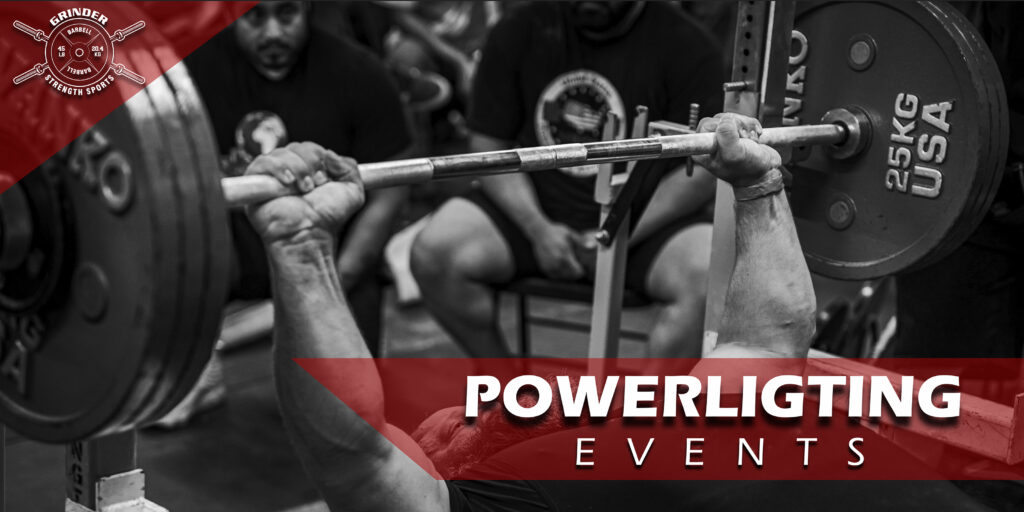The pre-competition phase is a critical period for powerlifters as they transition from general physical preparation to training that is specifically tailored to the demands of competition. This phase focuses on maximizing strength, honing technique, and ensuring the lifter is in peak condition for competition day. By understanding and implementing effective strategies during this phase, lifters can achieve their best possible performance.
Strength-Specific Training
The primary goal of the pre-competition phase is to develop maximal strength in the main lifts: squat, bench press, and deadlift. This phase involves lifting heavier weights with lower repetitions to build the strength needed for competition.
Key Components:
- Heavy Lifting: Focus on sets of 1-5 reps at 80-95% of 1RM to build maximal strength.
- Main Lift Variations: Incorporate variations of the main lifts to target specific weaknesses and enhance overall strength.
- Progressive Overload: Gradually increase the weight lifted to continue making strength gains.
Example Strength Routine:
- Squat: 4 sets of 3 reps at 85% of 1RM
- Bench Press: 5 sets of 2 reps at 90% of 1RM
- Deadlift: 3 sets of 3 reps at 85% of 1RM
- Accessory Work: Focused on weak points and maintaining balance (e.g., rows, triceps extensions, core work)
Power and Speed Development
In addition to building strength, it is essential to enhance explosive power and lifting speed. Power and speed training help lifters move heavy weights more efficiently and effectively during competition.
Key Components:
- Dynamic Effort Lifts: Perform lifts with lighter weights (50-70% of 1RM) as quickly and explosively as possible.
- Plyometrics: Include explosive bodyweight exercises to improve overall power.
- Speed Drills: Use bands and chains to add variable resistance, forcing the lifter to accelerate throughout the lift.
Example Power Routine:
- Dynamic Squats: 8 sets of 2 reps at 60% of 1RM
- Speed Bench Press: 8 sets of 3 reps at 55% of 1RM with bands
- Box Jumps: 3 sets of 10 reps
- Medicine Ball Throws: 4 sets of 8 reps
Competition-Specific Practice
Practicing in conditions that mimic competition is essential for preparing both physically and mentally. This involves using competition commands, gear, and techniques that will be employed on meet day.
Key Components:
- Competition Commands: Practice lifts with the commands (“Squat,” “Press,” “Rack,” etc.) to get accustomed to the timing and rhythm.
- Use of Gear: Train with the same gear (belts, wraps, singlets) that will be used in competition to ensure comfort and familiarity.
- Mental Preparation: Visualize the competition environment, including the platform, judges, and crowd, to build confidence and reduce anxiety.
Example Competition Practice Routine:
- Squat with Commands: 3 sets of 1-2 reps at 90% of 1RM
- Bench Press with Commands: 4 sets of 1-2 reps at 90% of 1RM
- Deadlift with Commands: 3 sets of 1 rep at 92.5% of 1RM
- Mental Rehearsal: Spend 10-15 minutes visualizing the competition day, focusing on successful lifts and calm demeanor.
Volume Management
Managing training volume is crucial to prevent overtraining and ensure the lifter is fresh for competition. As the competition approaches, the volume should be gradually reduced while maintaining high intensity.
Key Components:
- Volume Reduction: Decrease the number of sets and reps while keeping the intensity high.
- Focus on Recovery: Prioritize rest, nutrition, and recovery techniques to allow the body to repair and prepare for maximal effort.
- Monitor Fatigue: Use tools like Rate of Perceived Exertion (RPE) and Heart Rate Variability (HRV) to monitor fatigue and adjust training as needed.
Example Volume Management Routine:
- Week 1: 4 sets of 3 reps at 85% of 1RM
- Week 2: 3 sets of 2 reps at 90% of 1RM
- Week 3: 2 sets of 1 rep at 92.5% of 1RM
- Recovery Focus: Incorporate light mobility work, foam rolling, and adequate sleep.
Conclusion
The pre-competition phase is a pivotal period in a powerlifter’s training cycle. By focusing on strength-specific training, power and speed development, competition-specific practice, and volume management, lifters can optimize their performance and ensure they are ready for competition day. This comprehensive approach not only enhances physical readiness but also builds mental confidence, setting the stage for successful lifts and personal bests.




Comments are closed